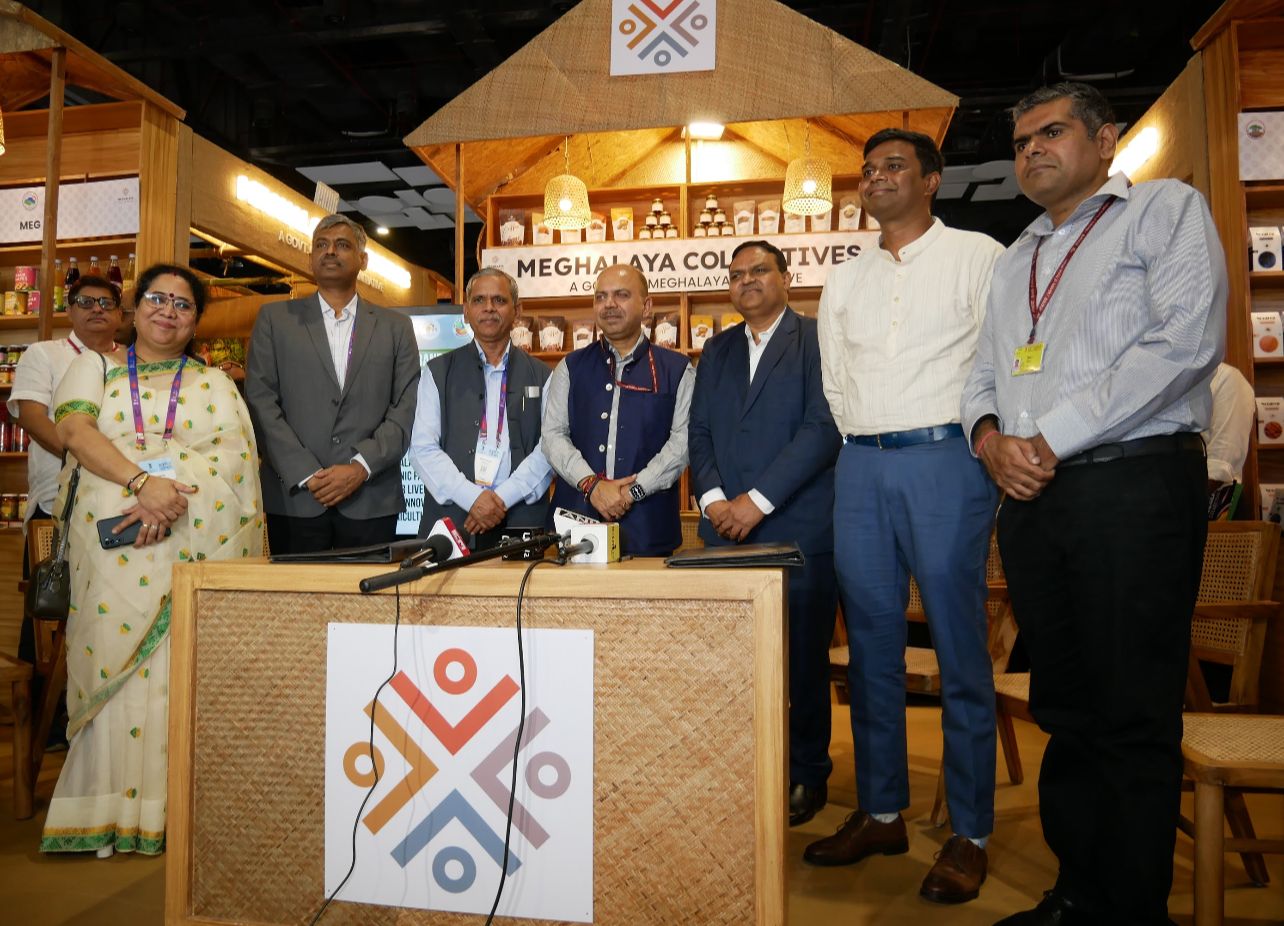Meghalaya, renowned for its verdant landscapes and rich biodiversity, is emerging as a key hub for organic farming in India. The state has embarked on various initiatives aimed at transforming agricultural practices and promoting sustainable livelihoods for its farmers. The state has been diligently implementing various schemes initiated by both the Central and State Governments to encourage the conversion of agricultural land into certified organic holdings. Notable among these initiatives is the Meghalaya Organic Value Chain Development for Northeastern Region (MOVCDNER) scheme, the State Organic Mission which has the ambitious objective of converting and sustaining 1 lakh hectares of land into certified organic. At present, 24,000 hectares of land have achieved organic certification, while an additional 8,000 hectares are in the conversion phase.

To further support and consolidate these efforts, the Cabinet approved the Meghalaya State Organic and Natural Farming policy on 11th January 2023. The policy outlines key objectives, including promoting organic farming as a sustainable income-generating activity for farmers, facilitating capacity building, investment, and technology development, and increasing farmers’ income through training, value addition, and market linkage.
To drive the effective implementation of this policy, the Meghalaya Natural and Organic Society for Livelihood and Innovation in Agriculture (MEGNOLIA) was established on June 1, 2023. Registered under the Societies Registration Act, MEGNOLIA functions as the apex body under the Department of Agriculture and Farmers’ Welfare Government of Meghalaya responsible for overseeing, coordinating, and executing the Organic and Natural Farming Policy in Meghalaya. MEGNOLIA’s primary goals include managing the implementation of the policy, supporting Farmer Producer Organizations (FPOs) and Farmer Producer Companies (FPCs) to professionalize organic production and marketing, promoting agro-industrial growth rooted in ecological sustainability, facilitating technology transfer, and fostering knowledge sharing among stakeholders.
Certification plays a critical role in organic farming. In Meghalaya, certification bodies ensure that farming practices adhere to the rigorous standards set by national and international organizations. Meghalaya now has its own APEDA-certified organic certification agency, the Meghalaya State Organic Certification Body, under the Planning Department. This makes it only the second such agency in the Northeast, following the Sikkim State Organic Certification Agency. With this development, the organic certification process for our farmers becomes more streamlined, as they no longer need to rely on agencies primarily based in Western and Southern India.
A major milestone in advancing Meghalaya’s organic farming sector was the signing of a Memorandum of Understanding (MOU) between MEGNOLIA and the National Cooperatives of Organic Limited (NCOL) on September 20, 2024 in the World Food India 2024. This partnership seeks to improve the procurement, marketing, and sale of organic products from Meghalaya. As part of the MOU, MEGNOLIA will link certified organic farmers with NCOL, help them obtain procurement approvals, and cover the costs of organic certification. In turn, NCOL will purchase organic products from these farmers, manage logistics, and ensure direct compensation to both farmers and service providers. This collaboration marks a significant step toward establishing a sustainable and profitable organic farming model in Meghalaya, improving farmer livelihoods while fostering environmental stewardship.
The government’s initiatives, embodied in the organic farming policy and led by MEGNOLIA, signal a bright future for organic agriculture in Meghalaya. Strategic partnerships, such as the one with NCOL, position the state to meet the growing demand for organic produce and champion sustainable farming practices that benefit both farmers and the environment.

